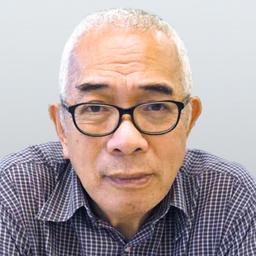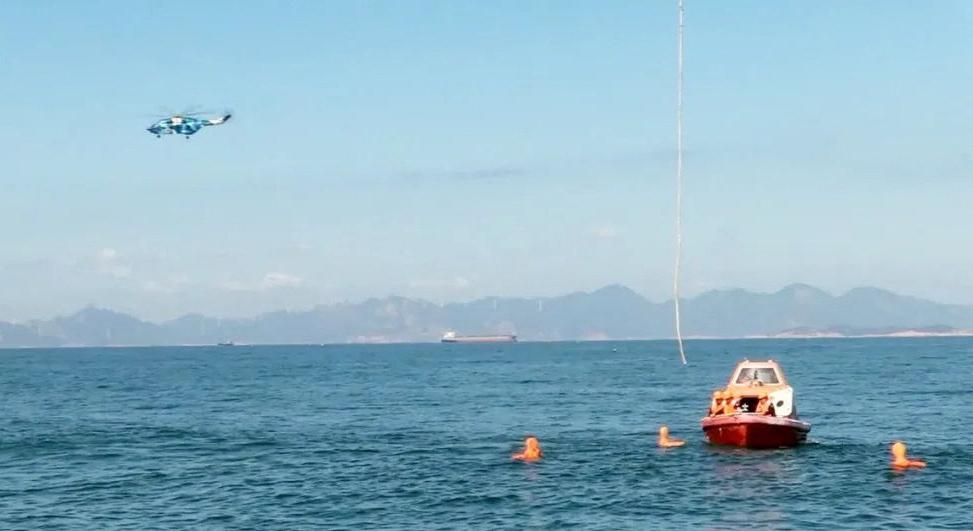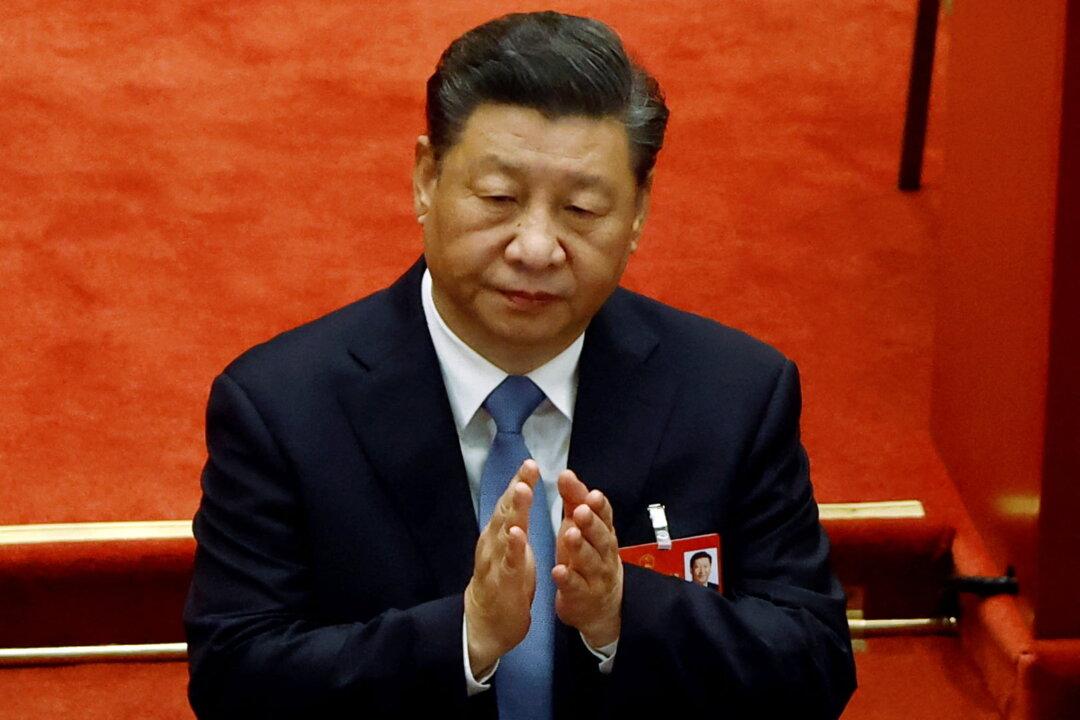Commentary
The Chinese Communist Party (CCP) published a white paper on Dec. 20 that condemned the British government for not granting the Hong Kong people democratic election during its 150 years of colonial rule. The CCP then claimed that Hong Kong had to wait until its reversion back to Chinese sovereignty that its people could enjoy democracy.





